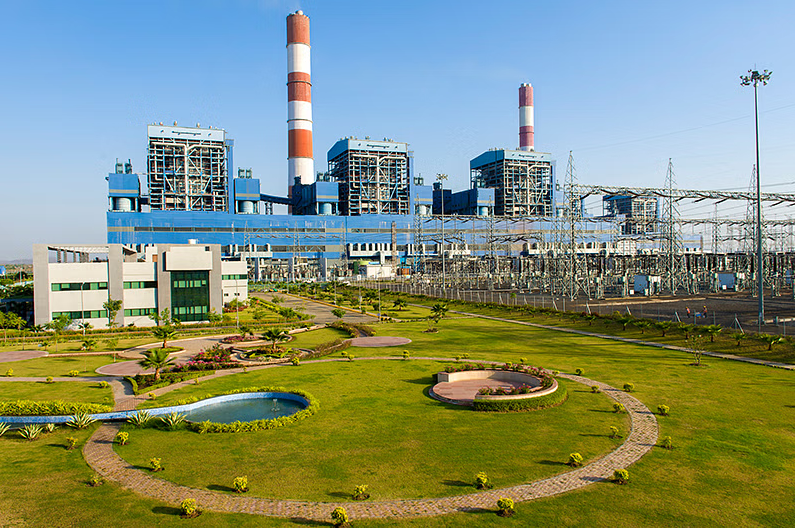
Adani Group Tries To Continue The Operations Of The Adani Bangladesh Power Plant Amidst Mounting Dues
The Adani Group is currently looking for fresh relief for its 2 billion USD Adani Bangladesh SEZ plant amidst Bangladesh payment woes. The plant currently meets 10% of Bangladesh’s total electricity demands which is quite a substantial amount. It also has unpaid dues of around 790 million USD. As of September, the Bangladesh government has been trying to clear the dues to ensure that electricity supply can be carried out in the state without any hindrance. However, still a lot of dues are to be cleared and the Adani Group is still in the process of supplying electricity to Bangladesh even with the various controversies ongoing.
Adani’s Recent Plans For Its Bangladesh Project:
Adani Power Limited is currently looking for concessions from the Indian government to sustain operations at its 2 billion USD coal-based power plant in Eastern India. This 1.6 GW facility is located in a special economic zone. It has been grappling over the past few months mainly because of delayed payments from Bangladesh which is its sole electricity buyer. There are a lot of regulatory hurdles in place for domestic sales. This has been further restricting the Adani Group from selling electricity within the boundaries of the nation.
In August, the Indian Power Ministry gave its permission to the Adani Group to sell electricity from the plant within India. However, the plant’s SEZ location has complicated the domestic distribution of electricity. The electricity produced in such zones is classified as imported. This has attracted additional taxes. As of now, the Adani Group has requested the trade ministry to give its approval and allow the sale of power in India without import duty.
As per sources, the Adani Group is also looking for an extension of the customs duty waiver on imported coal which is used as the primary source of fuel for the plant. These regulatory adjustments are really important to making power affordable for Indian consumers. This is particularly needed for the high-price sensitive markets. Without this exception, selling electricity within India is going to be an unviable option.
As per Adani executives, the Adani Bangladesh plant which meets around 10% of Bangladesh’s electricity demands has already accumulated dues of 790 million USD as of September. The Bangladesh government has been clearing some of the payments. However, the backlog is still substantial and if the dues are not cleared soon enough, then it is going to become difficult for the Adani Group to clear the payments. The delay in payments has been mainly because of Bangladesh’s efforts to renegotiate the power purchase agreement which was signed under the previous government with the Adani Group.
Linking The Adani Bangladesh Plant To The Indian Grid:
While the Adani Group remains hopeful of resolving the payment issue, the company has also been trying to look for other alternatives to sell the electricity produced at its plant. This involves linking the plant to the Indian grid. That way, the power generated from the Adani Bangladesh power plant can be directly supplied to India to meet domestic demands. Nishit Dave, who happens to be the head of investor relationships for the Adani Group has recently indicated during the investor call that linking the plant to India’s grid is not necessary at the moment. However, if the situation worsens in the coming months, then this option can be given a thought.
The Urgent Need To Revisit The SEZ Policies:
The Adani Group is not the only company which is facing regulatory challenges associated with SEZ regulations. Various other solar manufacturers have also raised concerns when proposed import taxes on solar cells and panels threatened to make locally produced modules from SEZ more expensive from the local market. This issue caused a lot of manufacturers to establish their production facilities outside the SEZ to avoid complications. The Adani Group’s current power situation underscores the urgent need to revisit policies, particularly in the energy and manufacturing sector. This will ensure operational efficiency and also increase the market competitiveness.
Conclusion
The Adani Bangladesh project has been the first transnational project to be taken up by the Adani Group. This project has allowed the Adani Group to increase its hold over the international power sector. Although there have been a lot of controversies on the continuance of the project because of mounting dues, it is believed that once the dues are cleared, the Adani Group will be able to once again carry out the operations of the project with full force. This will not only put a stopper to the ongoing controversies but will also ensure that Bangladesh’s growing power demands are met.


